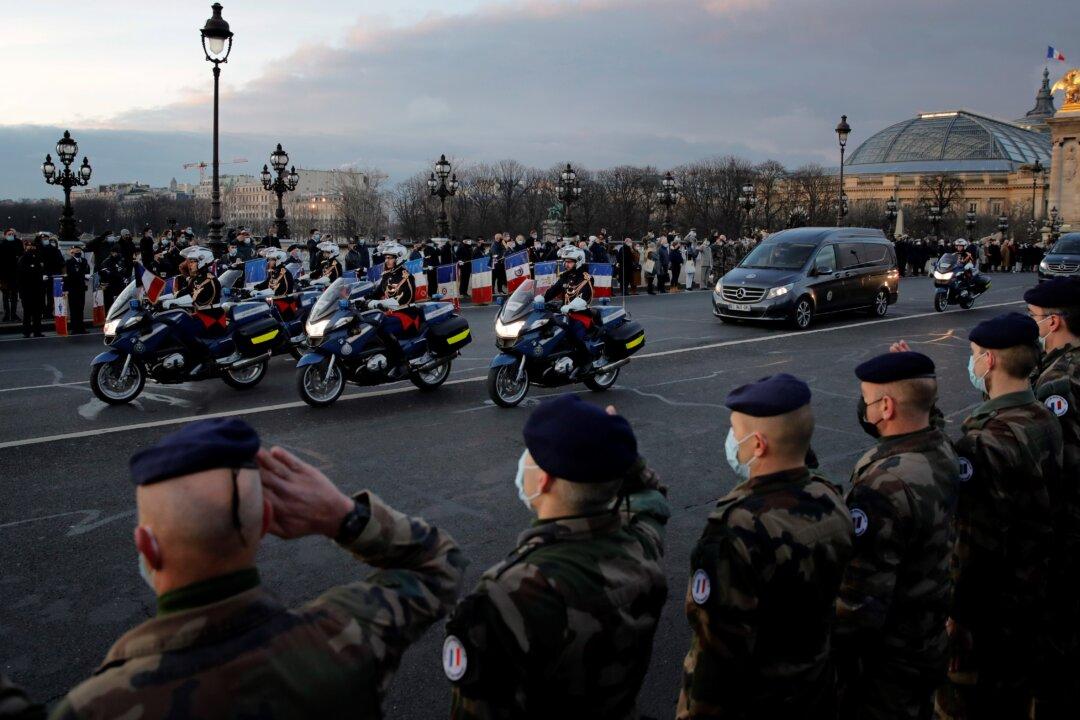PARIS—As it pays tribute Thursday to French soldiers killed in Mali and faces questions over a deadly airstrike, France is considering changing its military strategy against Islamic extremists in Africa’s Sahel region—and a possible partial troop pullout.
President Emmanuel Macron is expected to announce a timeframe for the evolution of France’s largest international military operation at a summit in Chad’s capital N'Djamena next month.





